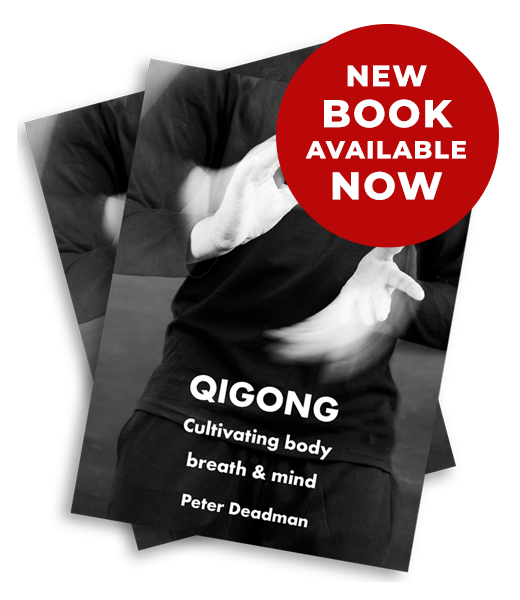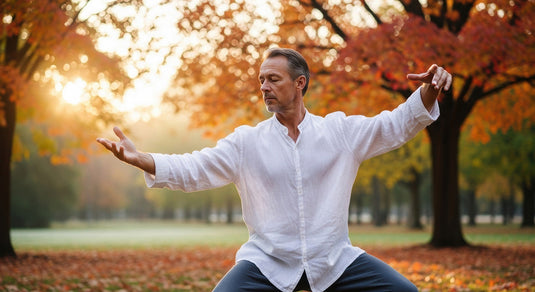I must confess I have a weakness for research. Despite its many pitfalls, over time it can help clarify which health practices are helpful and which appear not to have any objective evidence to back them up. It embodies the ideals of science and philosophy – both of which are committed to accurate observation and a willingness to adapt our beliefs in the light of such evidence. This is more and more valuable in a world where people make all kinds of unfounded claims, not least in the field of complementary medicine, diet and lifestyle.
Research is also useful in bridging the gap between those who verify through their own experience the rich fruits of traditional practices, and the sceptics demanding evidence.
This is important because if we want to make qigong, tai chi, yoga, meditation etc. accessible to the greatest number of people, we have to persuade health providers to put resources into this kind of preventive and curative health education rather than exclusively into expensive and often problematic medical interventions.
Positive research – of which there is a growing body – can also help inspire those who suffer from disease and who may need a bit more impetus to commit to regular practice.
In this spirit, therefore, I have created a page on my website devoted to tai chi and qigong research. You will see that more studies are carried out into tai chi than qigong, simply because there’s more familiarity with – and buzz around – tai chi. However, I am confident that what applies to tai chi almost always applies to qigong as well.
Please share these research pages with anyone you think might be interested (including family and friends who need a nudge to take an active role in helping heal themselves).





